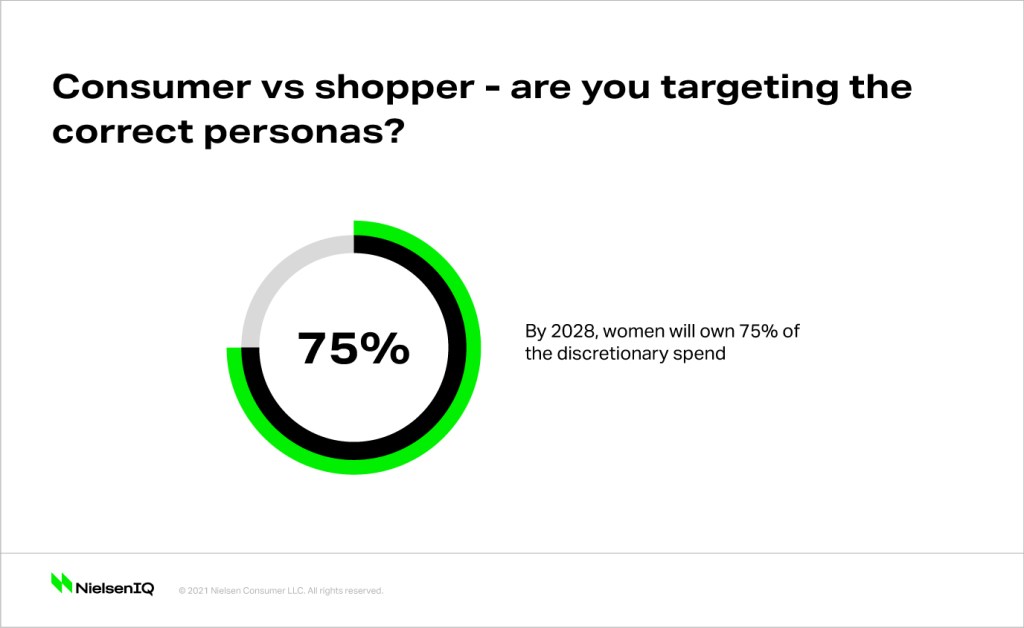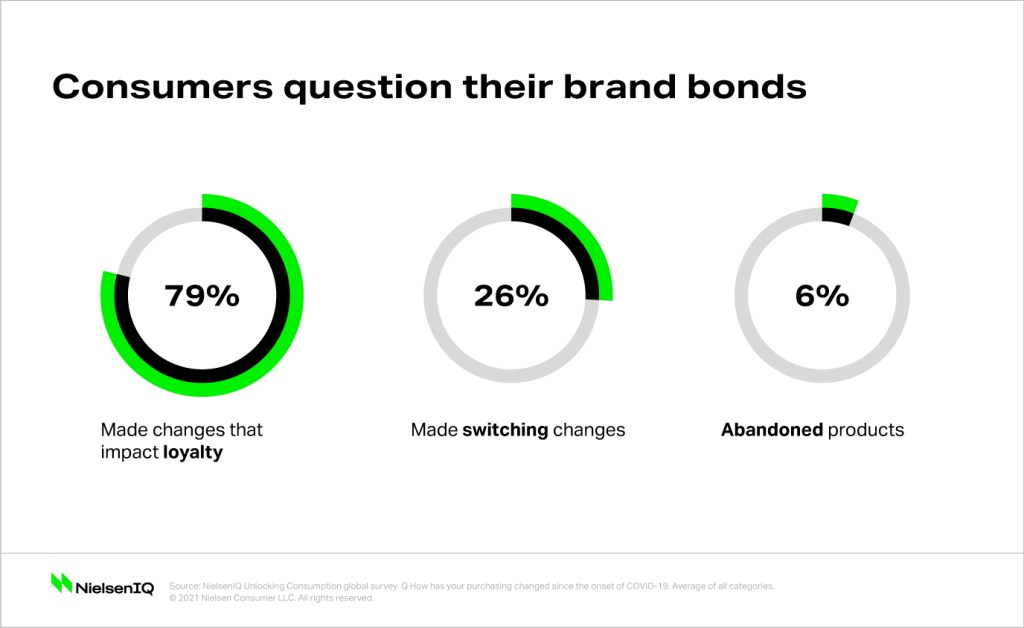The difference between consumers and shoppers
Determining the difference between shoppers and consumers is of critical importance for the entire CPG industry and its shopper segmentation needs. If you work in a customer-centric environment, you may have come across these terms and thought they were interchangeable. But they’re not.
Let’s start with a basic description. The consumer is the person who makes use of a product or a service—the person who eats a snack, drinks a beverage, reads a blog, or posts a trending topic on social media.
While the shopper is the person who finds and acquires those products or services, the person who actually purchases them in the store (digital or physical).
Yes, there are overlaps between those—often, consumers are in some way connected to the shopping experience: researching, comparing, influencing, deciding on the basket, and doing the shopping itself.
But the consumer is not always the shopper, and the shopper is not always the consumer.
This distinction impacts not only the purchasing of products, but also how they’re marketed: Shoppers will buy your product many times if the consumers demand it. Should your marketing efforts target both the end-user and the decision-maker? Are you targeting the correct persona, or even personas?
Shopping for purpose and need are not the same
The distinction between consumers and shoppers impacts how we market products. For instance, in some markets beer is mostly consumed by men, but women are the ones who purchase it. Therefore, beer brands choose to target both men and women.

When shopper and consumer happen to be the same person, the shopper purchases according to certain consumption moments, making the products differ from one occasion to another. They think of the intended consumption moment, which could differ between shopping missions. For instance, if you were purchasing a product for just your family, you may be fine buying a less expensive product. But if you had company over, you might want to consume the more expensive beverage. Purpose and needs are different.
Lifestyles are changing, and the ways people shop for categories are changing along with them. 79% of shoppers have changed their loyalty brands while shopping, while 26% have made brand changes and 6% have abandoned their usual brands all together.

Revenue impact for brands
Regarding brand love, it’s of great importance to consider where, when, how, what, why, and with whom (or the so-called 6 W’s) will all be reflecting the influence. I love it while I consume it, but I can also love it when I buy it.
We can say that shoppers have less brand love than in the past, caring more about health concerns or price points. Data shows that 39% of people globally have made decisions based on price and promotion.
Using real-time data tools such as Smart Store can test future aisle, shelf, and in-store scenarios, to help you understand which strategies would work best with shoppers when implemented.
Guidelines to follow going forward
Guidelines are relatively simple. NielsenIQ’s Shopper Insights and Consumer Insights teams often work together to optimize shopper segmentation and consumer experiences, to help manufacturers grow their brands. The Consumer Insights team helps brands and marketing teams understand consumer emotion and the drivers in choosing a brand. Shopper Insights brings recommendations to the Sales team, to ensure that this information is communicated in-store, to drive shoppers to choose their brands when faced with so many options at the shelf.
Next time you plan a marketing campaign, or launch a new product, first decide which groups to primarily target. Gather all of the insights you can about them, and if you find any gaps in your knowledge, contact us—we will be able to help you. NielsenIQ is the global leader in market research. Let us help you achieve your goals.



